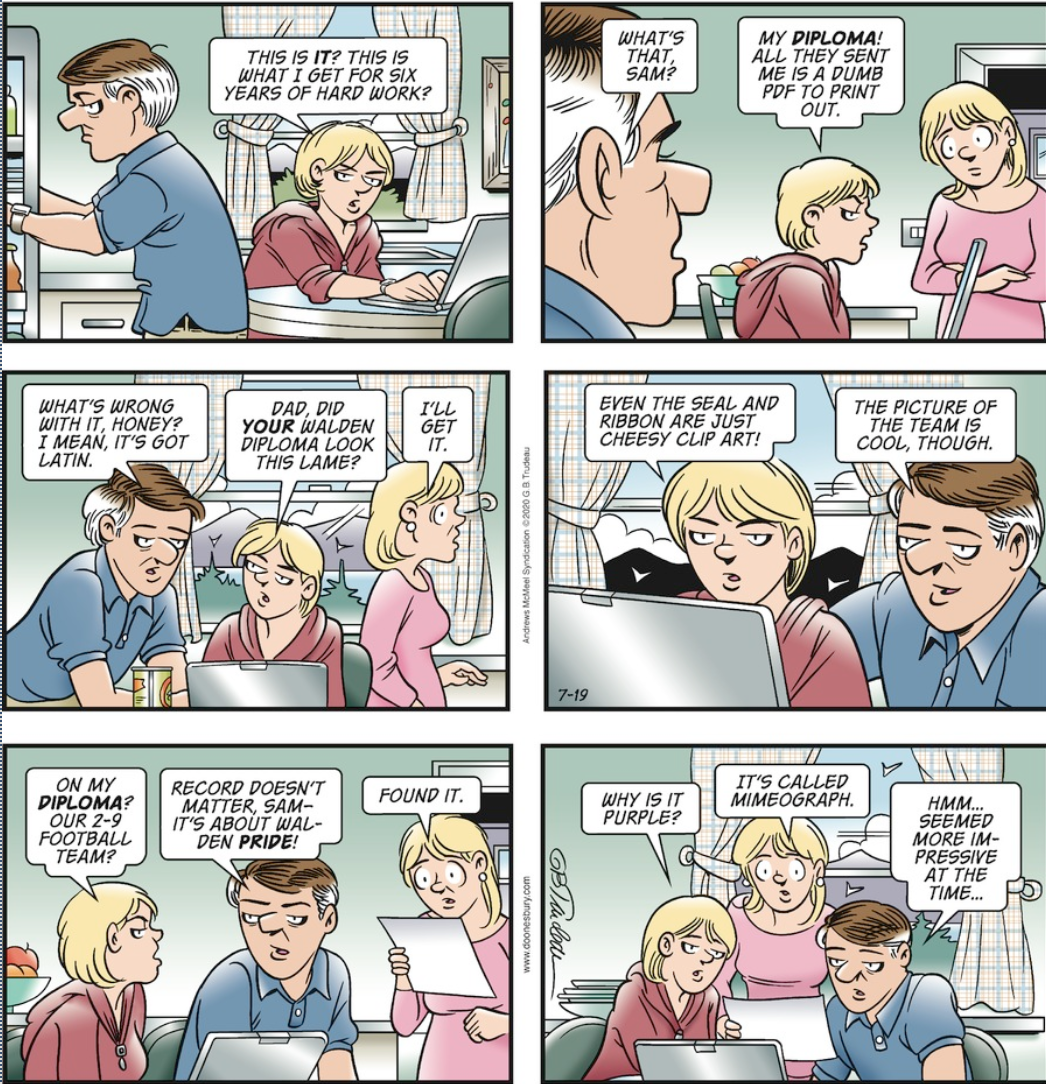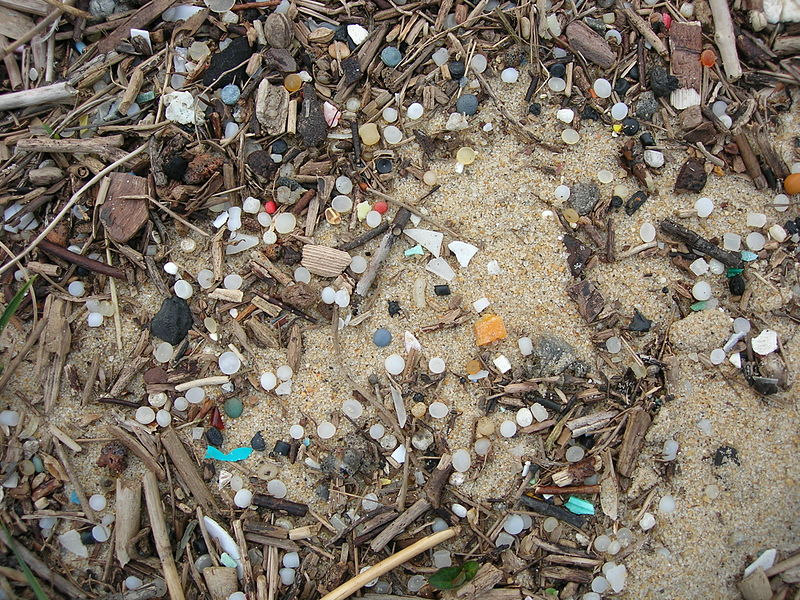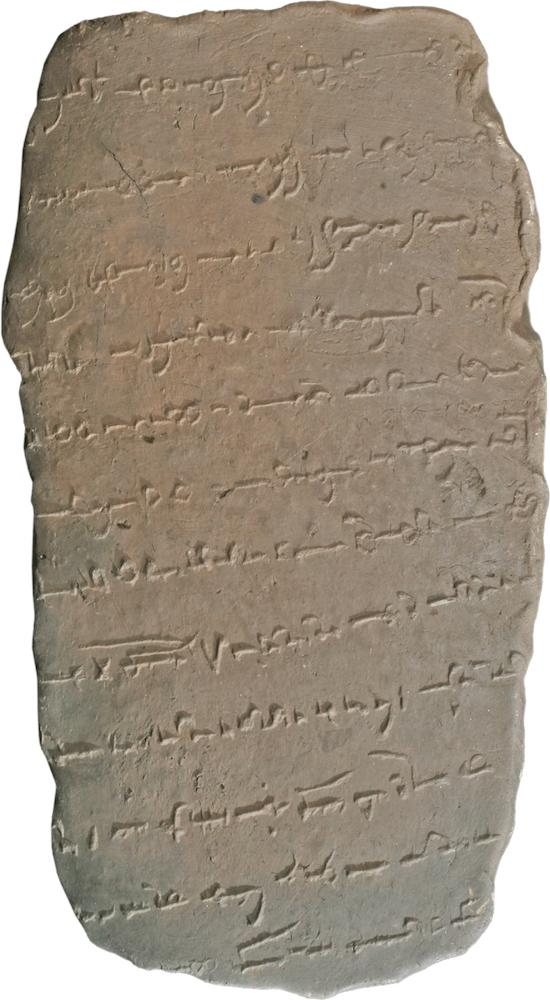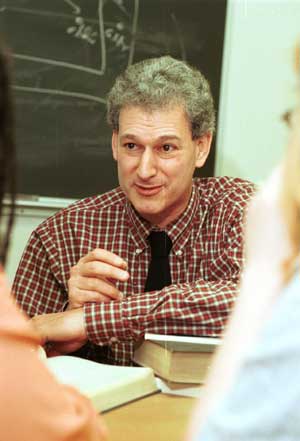 Michael Silverstein, a titan in the field of linguistic anthropology, passed away on Friday. UChicago News has an obituary today.
Michael Silverstein, a titan in the field of linguistic anthropology, passed away on Friday. UChicago News has an obituary today.
Prof. Michael Silverstein, a leading University of Chicago anthropologist who made groundbreaking contributions to linguistic anthropology and helped define the field of sociolinguistics, died July 17 in Chicago following a battle with brain cancer. He was 74.
The Charles F. Grey Distinguished Service Professor of Anthropology, Linguistics and Psychology, Silverstein was known for his highly influential research on language-in-use as a social and cultural practice and for his long-term fieldwork on Native language speakers of the Pacific Northwest and of Aboriginal Australia. Most recently, Silverstein examined the effects of globalization, nationalism and other social forces on local speech communities.
“Over a half-century at the University of Chicago, he produced a body of work that fundamentally changed the place of linguistics in the field, with foundational contributions to the understanding of language structure, sociolinguistics and semiotics, as well as the history of linguistics and anthropology,” said Prof. Joe Masco, chair of the Department of Anthropology. “His erudition, sense of humor, love of scholarship, of teaching, of conversation and substantive debate is legendary and helped establish the intellectual strength of UChicago in all the many different fields of which he was part.”
Read the rest of this entry »

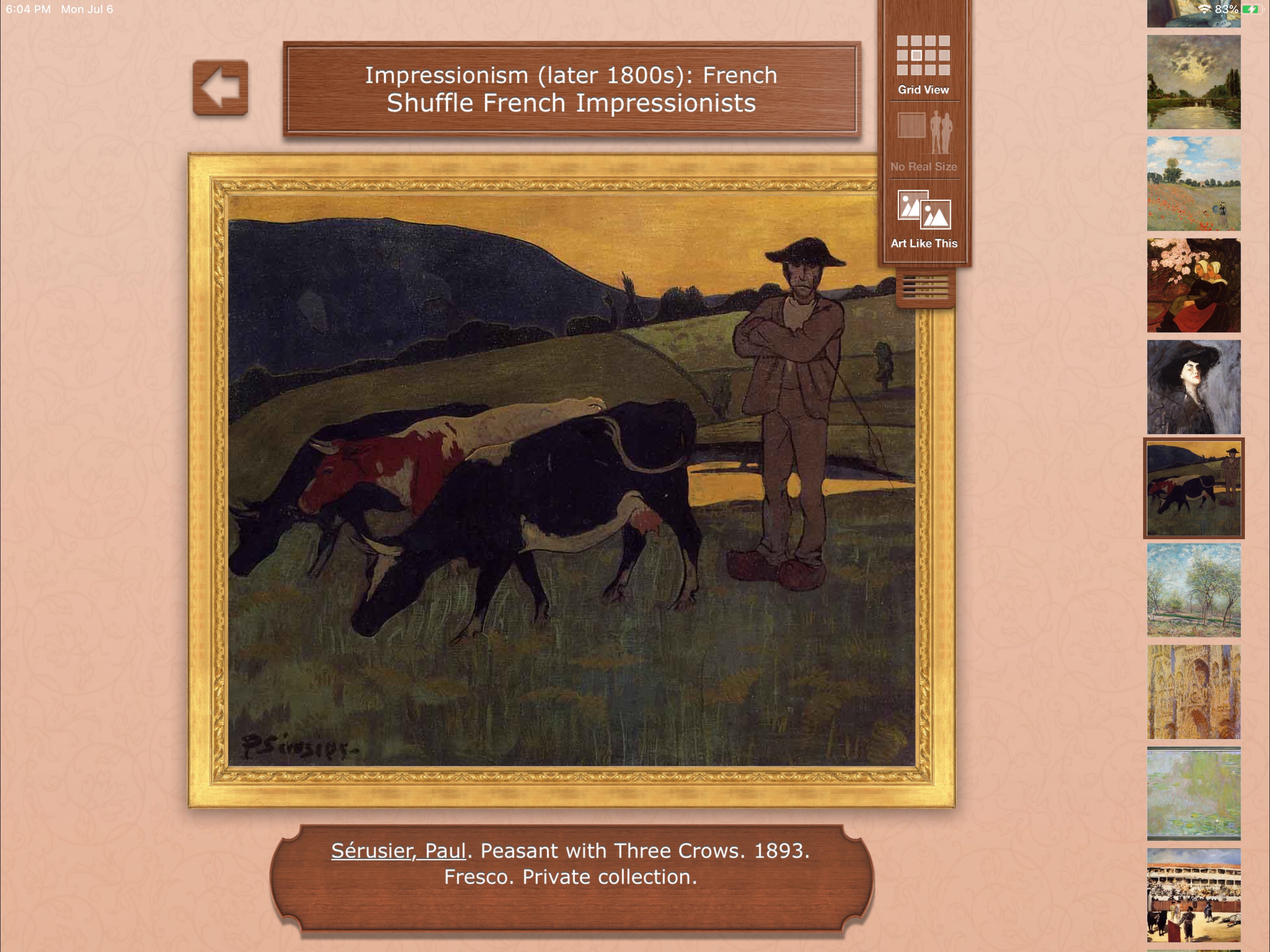
 Michael Silverstein, a titan in the field of linguistic anthropology, passed away on Friday.
Michael Silverstein, a titan in the field of linguistic anthropology, passed away on Friday. 